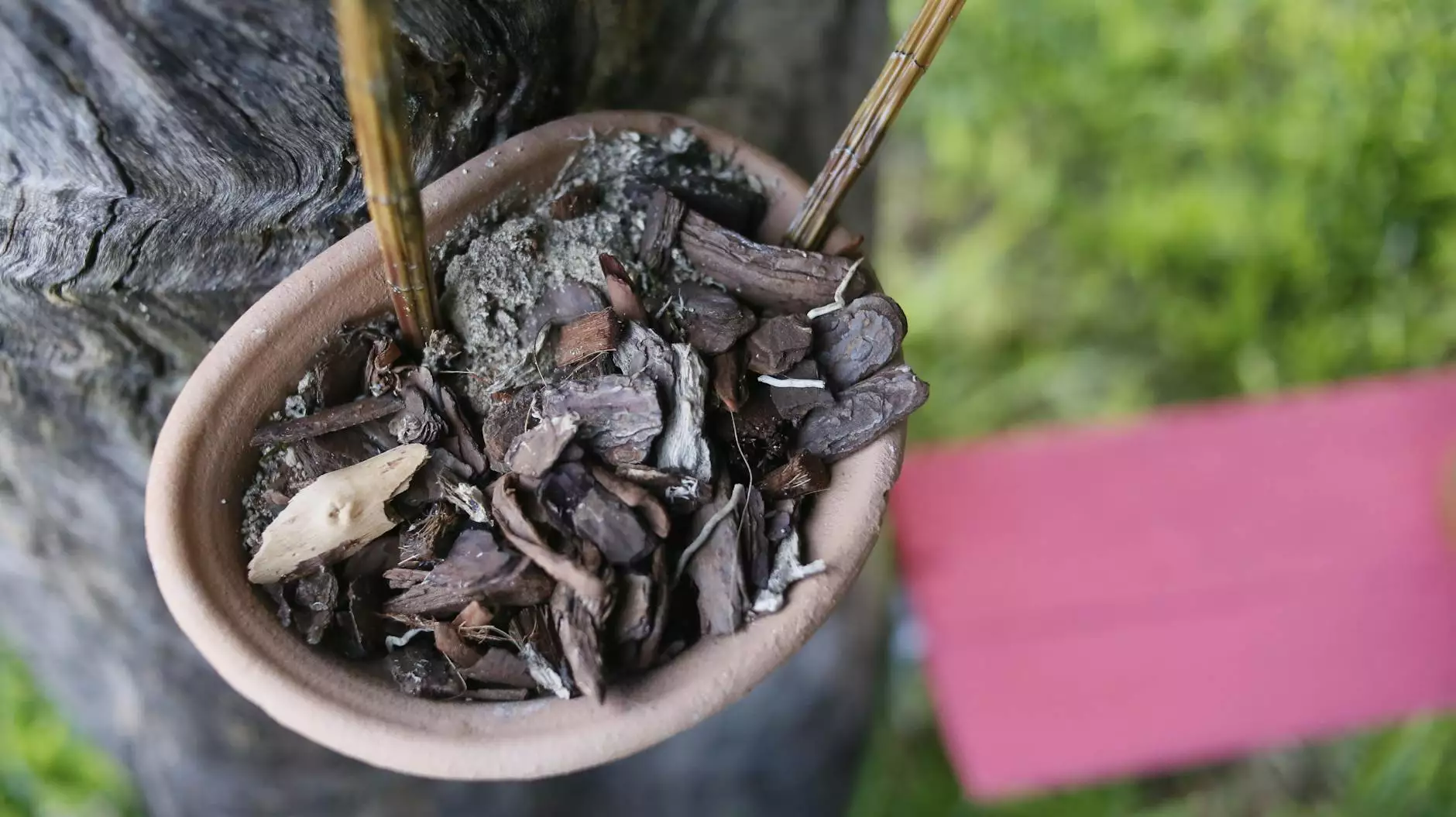Cultivating Soil Health
Activities
Introduction
Welcome to Eventchic, your one-stop solution for all your gardening needs. In this comprehensive guide, we will delve into the importance of cultivating soil health and provide practical tips and recommendations to help you create a thriving garden.
The Importance of Soil Health
Soil health is the foundation of a successful garden. When your soil is healthy, it provides an optimal growing environment for plants, allowing them to develop strong root systems, absorb nutrients efficiently, and resist pests and diseases.
By focusing on enhancing soil health, you can significantly improve the productivity and longevity of your garden, ensuring a bountiful harvest year after year.
Understanding Soil Composition
Before diving into the various methods of cultivating soil health, it is essential to understand the fundamental components of soil. Soil is composed of mineral particles, organic matter, water, and air.
The mineral particles, such as sand, silt, and clay, provide structure to the soil and influence its drainage and water-holding capacity. Organic matter, which includes decomposed plant and animal materials, improves soil fertility, enhances moisture retention, and fosters beneficial microbial activity.
Water and air are vital for the balance of nutrients and the respiration of plant roots. Ensuring proper soil moisture and aeration is crucial for healthy plant growth.
Testing and Analyzing Your Soil
Before implementing any soil improvement strategies, it is recommended to test and analyze your soil to understand its current condition. Soil testing helps identify nutrient deficiencies, pH levels, and any potential contaminants.
Eventchic offers soil testing kits that allow you to collect samples from your garden and send them to a certified laboratory for analysis. Based on the results, you can better tailor your soil improvement efforts to meet the specific needs of your plants.
Soil Amendments
One effective way to enhance soil health is through the use of soil amendments. These are natural materials added to the soil to improve its structure, nutrient content, and overall fertility.
Eventchic provides a wide range of high-quality soil amendments, including compost, manure, peat moss, and vermicompost. These organic materials enrich the soil with essential nutrients, improve moisture retention, promote beneficial microbial activity, and enhance overall soil structure.
Composting for Soil Health
Composting is a sustainable and cost-effective method of improving soil health. It involves decomposing organic waste materials, such as kitchen scraps, leaves, and grass clippings, to create nutrient-rich compost.
Eventchic offers a selection of compost bins and composting accessories to help you get started with your composting journey. Incorporating compost into your soil enhances its fertility, improves drainage, and aids in pest and disease control.
Cover Crops and Crop Rotation
Cover crops and crop rotation are techniques used to maintain and improve soil health. Cover crops are plants grown specifically to cover and protect the soil during periods when the main crops are not in the ground. They help prevent erosion, increase organic matter, and fix nitrogen levels in the soil.
Crop rotation involves growing different plant species in a specific sequence to prevent the buildup of pests and diseases, promote balanced nutrient cycling, and reduce soil erosion. Both cover crops and crop rotation contribute to long-term soil health and sustainability.
Proper Mulching Techniques
Mulching plays a critical role in maintaining soil health. By covering the soil surface with a layer of organic material, such as straw, wood chips, or leaf litter, you can reduce weed growth, retain moisture, regulate soil temperature, and improve overall soil structure.
Eventchic offers a variety of high-quality mulching materials to cater to your specific needs. Proper mulching techniques, including applying a sufficient layer of mulch around your plants, can significantly enhance soil health and plant productivity.
Watering and Irrigation
Watering and irrigation practices have a direct impact on soil health. Proper water management is crucial for maintaining the right balance of moisture and promoting soil aeration.
Eventchic offers a range of irrigation systems, including drip irrigation and sprinkler systems, to ensure efficient water distribution in your garden. By providing adequate water to your plants without overwatering, you can prevent soil compaction and nutrient leaching, supporting overall soil health.
Beneficial Soil Microorganisms
Soil is teeming with microscopic organisms that play a vital role in nutrient cycling and plant health. Beneficial soil microorganisms include bacteria, fungi, protozoa, and nematodes.
Eventchic offers products that promote the growth of these beneficial microorganisms, such as mycorrhizal inoculants and microbial compost tea. These natural additives can boost nutrient availability, enhance disease resistance, and improve overall soil ecosystem.
Maintaining Soil Health
Once you have established healthy soil, it is important to maintain its vitality throughout the gardening season and beyond. Regular monitoring of soil moisture, nutrients, and pH levels is crucial to ensure optimal growing conditions.
Eventchic provides a range of monitoring tools, including soil moisture meters and pH testers, to help you keep track of the soil conditions. Regularly adding organic matter, practicing crop rotation, and minimizing the use of synthetic fertilizers and pesticides are also essential for maintaining long-term soil health.
Conclusion
Investing time and effort into cultivating soil health is a wise decision for any gardener. By following the tips and recommendations provided in this guide, you can create a robust and thriving garden that will continue to yield abundant harvests for years to come.
Visit Eventchic today to explore our wide range of high-quality products specifically designed to support soil health and promote sustainable gardening practices.




